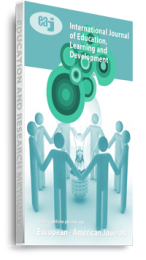This paper deals on challenges of climate change on provision of and accessibility to quality education in Nigeria. It also looks at the implications for quality education in Nigerian educational system. The study is a survey carried out in the three education zones in Ebonyi State. The population is made up of 2,855 secondary school teachers and simple random sampling technique was used to draw a sample size of 300 secondary school teachers. Two research questions guided the study. A structured questionnaire made up of 26 items was used for data collection. Two experts in curriculum studies and one expert in Measurement and Evaluation validated the instrument. To determine the reliability of the instrument, a pilot test was done outside the area of the study. Using Cronbach Alpha method, a reliability coefficient of 0.78 was obtained. Data collected were analyzed using mean statistics. The findings of the study among others, showed that climate change-related problems adversely affect teaching and learning by causing the following: lateness and absenteeism to school among teachers and students; destruction of school buildings and learning materials, unconducive learning environment, destruction of means of livelihood; incompletion of curriculum content, ineffective instructional supervision, and poor performance in examinations. Based on the findings the following recommendations were made: climate change should be integrated into secondary school curriculum; and seminars, workshops, and conferences should be organized for teachers, students, and school administrators on adaptation and mitigation measures of climate change.
Keywords: Accessibility, Climate Change, Quality Education

